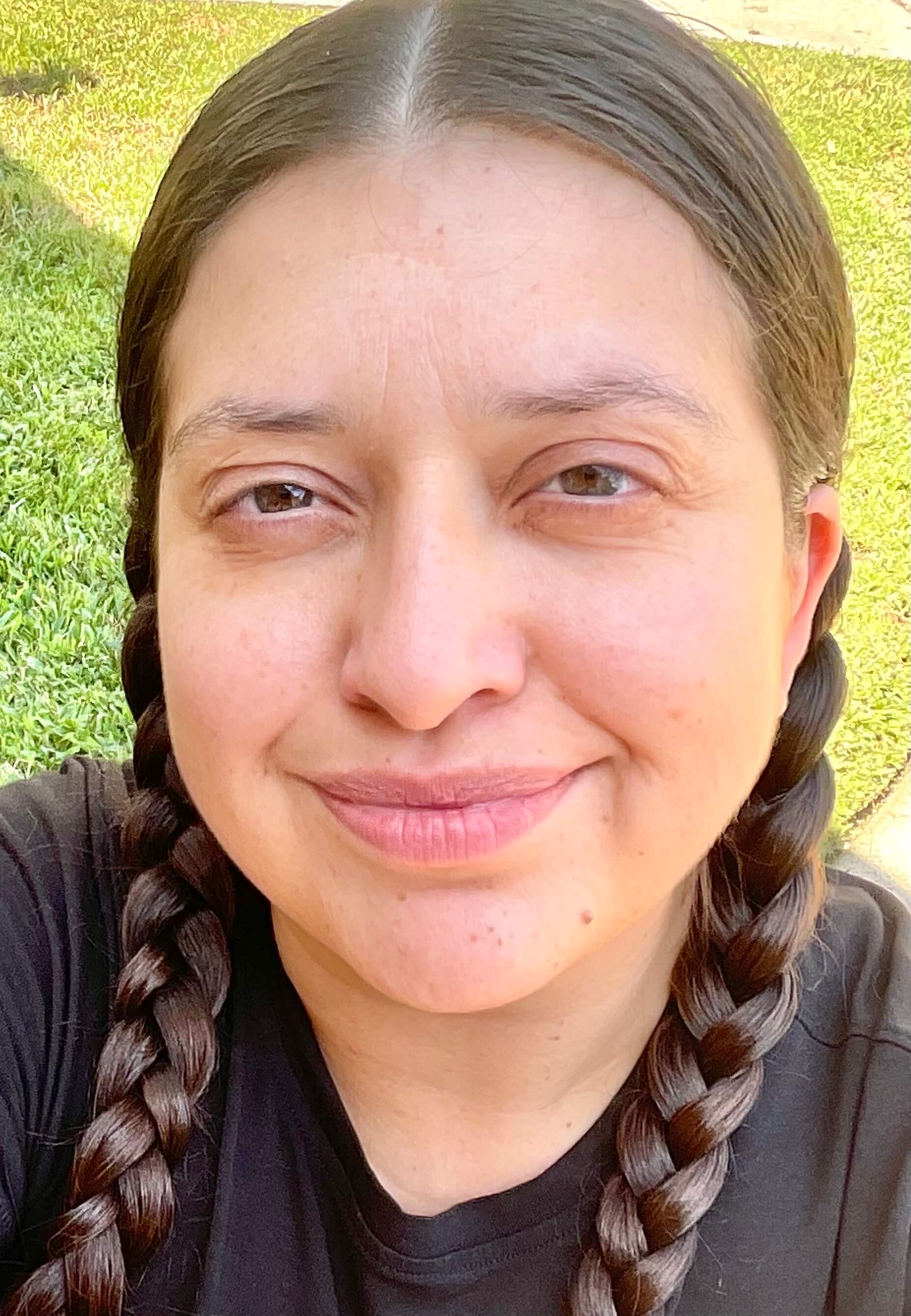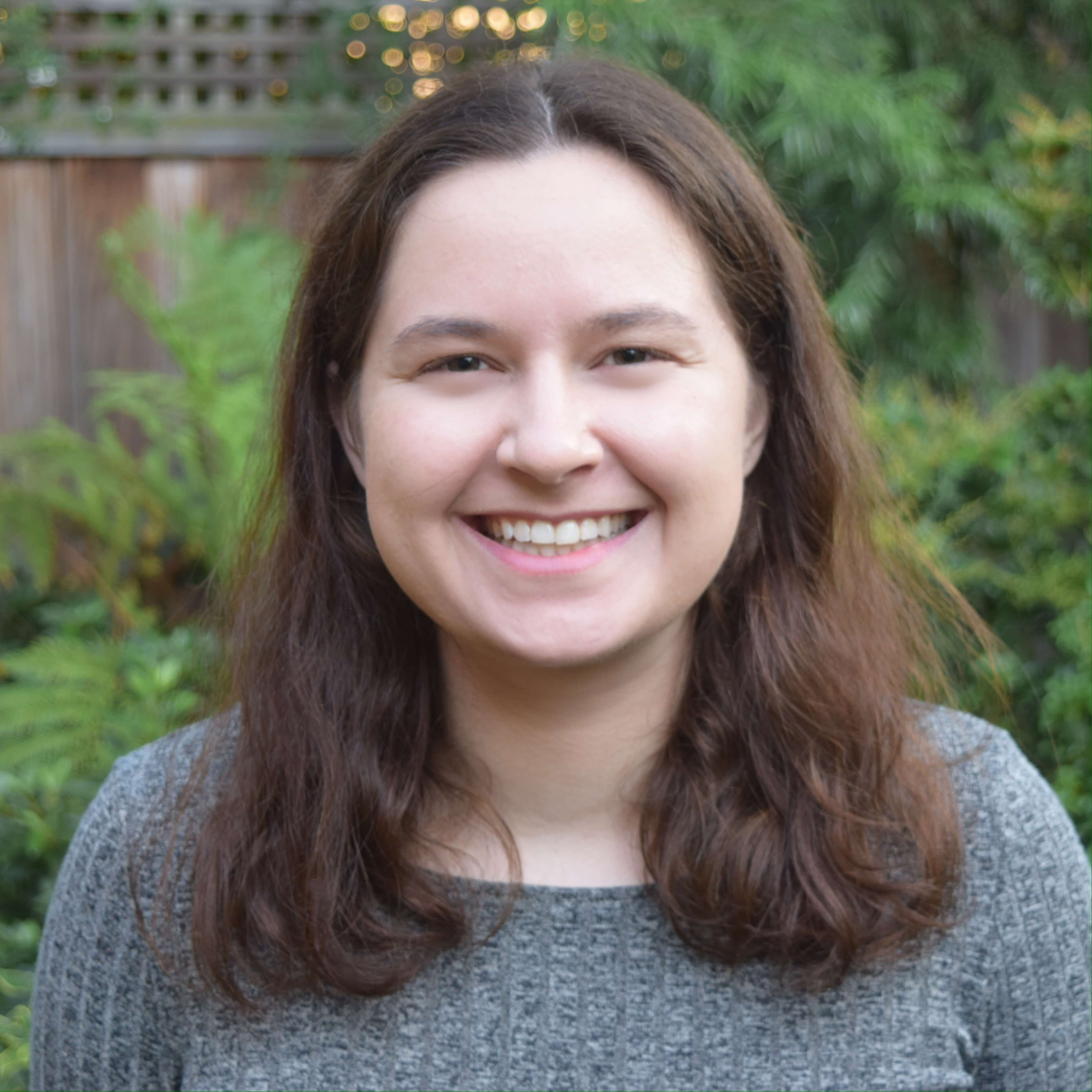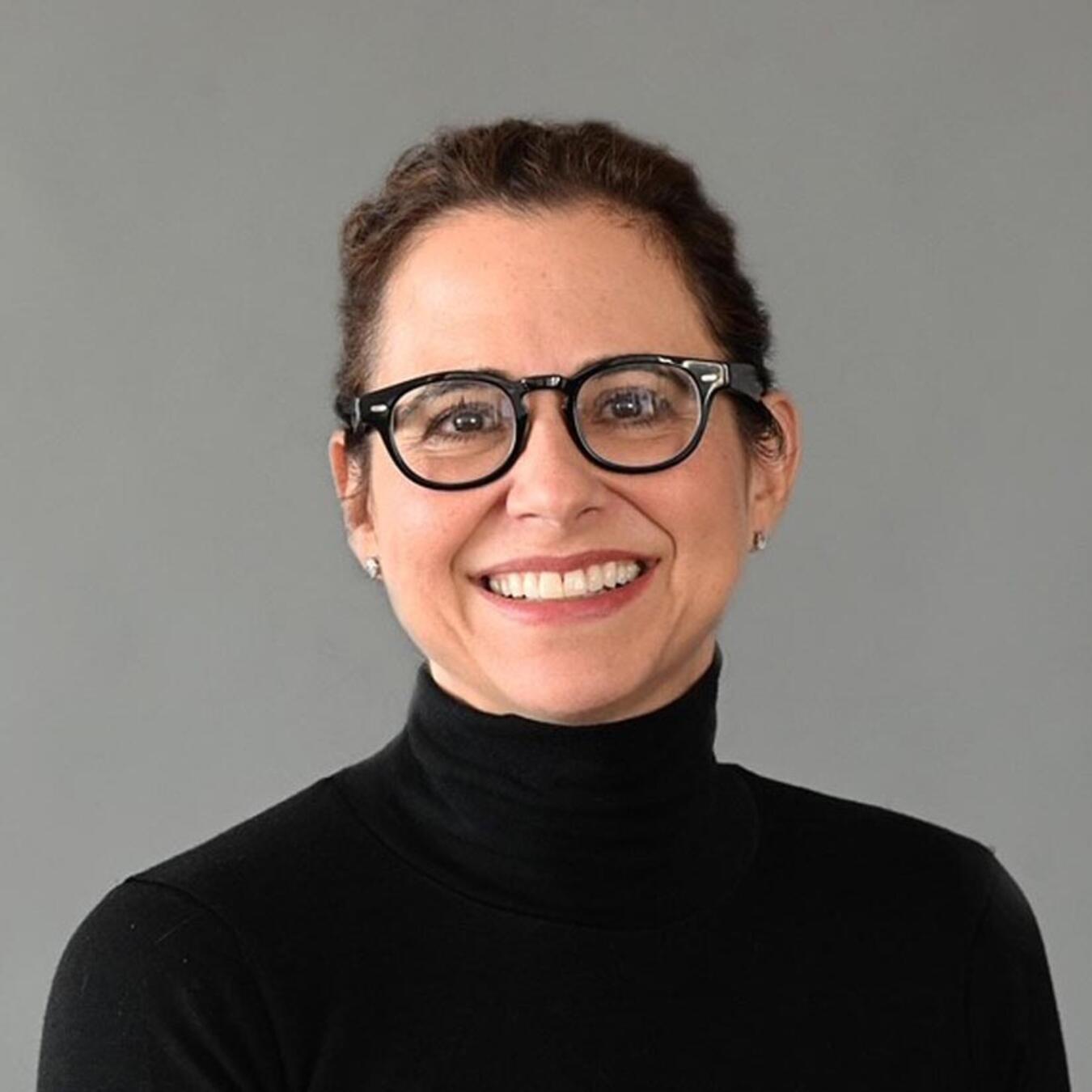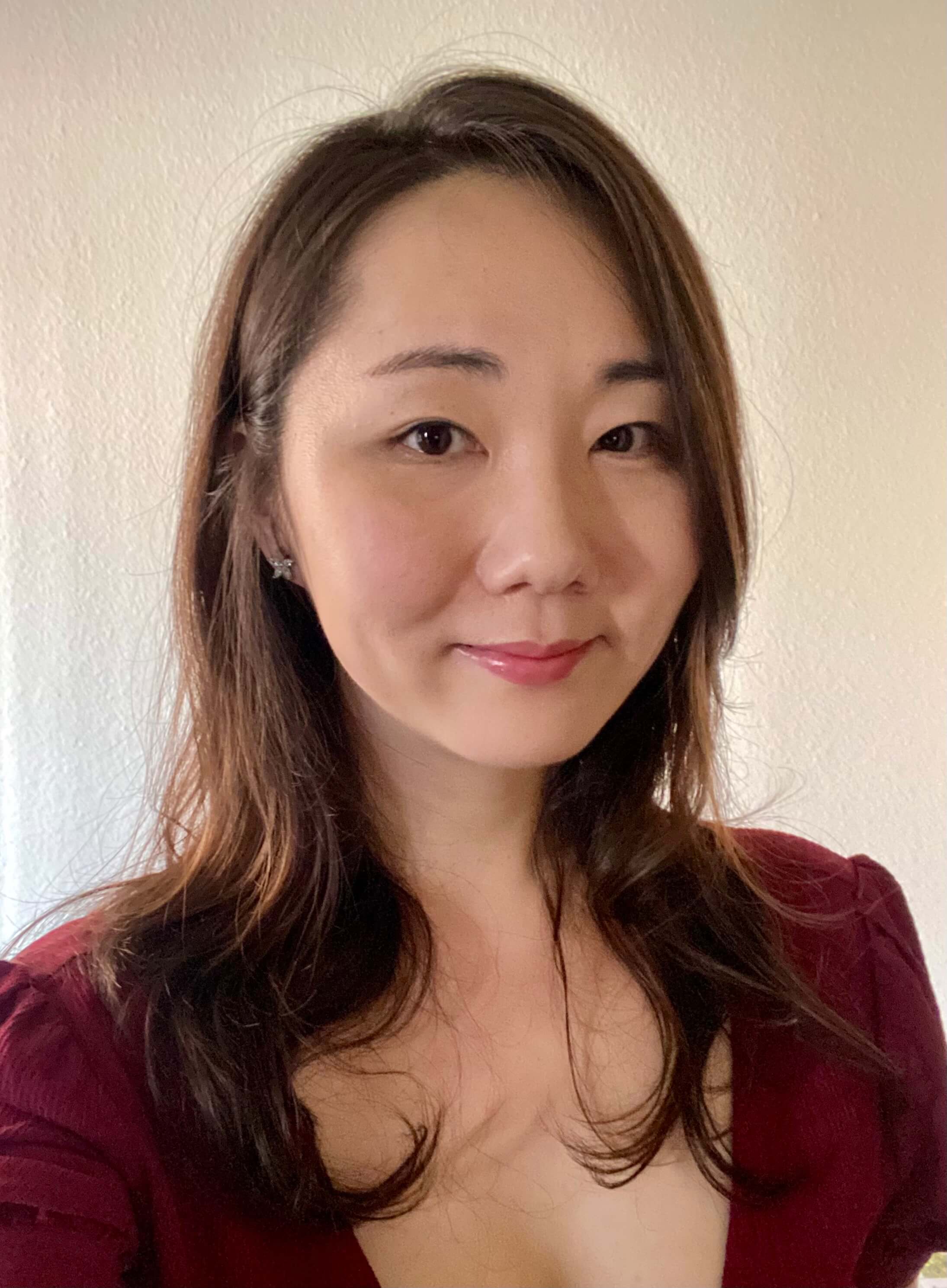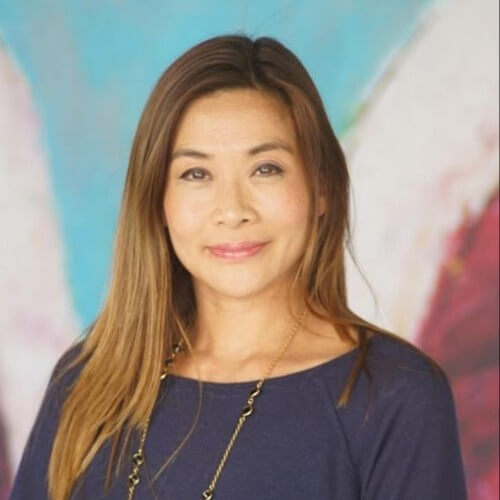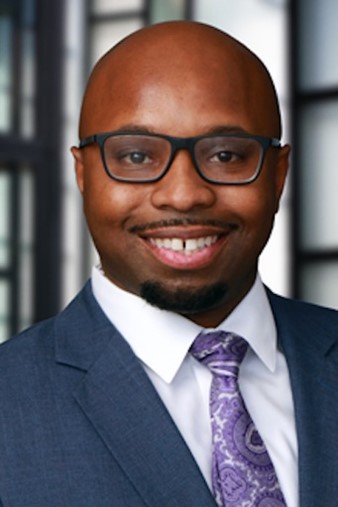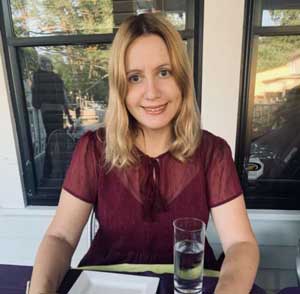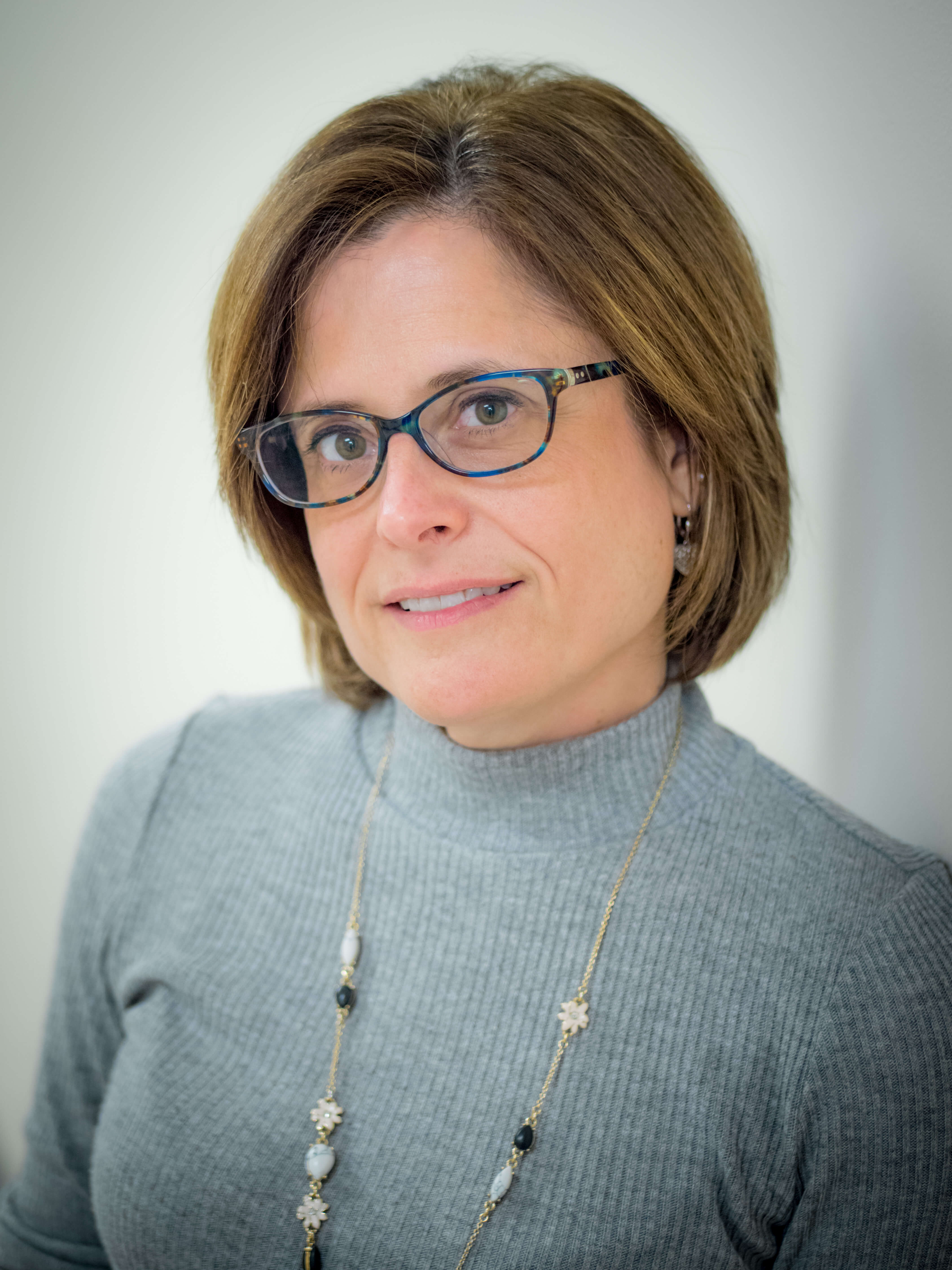Grant Recipients
TAY-Hub Grant Recipients & Projects
We are working to continuously expand research and analysis to support providers, policymakers, and young people themselves in advancing outcomes for transition age youth. Partners, including individuals with lived expertise, communities disproportionately impacted by structural inequities, providers with unique youth connections, and state and county youth-serving agencies, are key to making the research relevant and successful.
In 2023 we selected these researcher grantees – research teams who have demonstrated a commitment to enhancing knowledge about TAY. Their work is generously supported by our partners: the Conrad N. Hilton Foundation and Tipping Point Community granted subawards to conduct this research and the Walter S. Johnson Foundation supported the 2024 Transition-Age Youth Research & Evaluation Hub Convening. We invite you to learn more about the findings from these teams. A summary of all completed projects is available here.
Nature, Determinants, and Impacts of Family-of-Origin Relationship Networks among California’s Transition-Age-Youth
Research goal: Examine how family networks, and child welfare agency efforts to support them, affect TAY well-being.
This project will analyze Cal-YOUTH data, a longitudinal survey of youth aging out of formal foster care settings in California. As a first step, they will analyze the initial responses collected when youth were about 17 years old to describe youths' close family relationship networks and examine factors that shape whether youth report that child welfare agencies did enough to promote their close relationships with members of their family of origin. Then, they will analyze survey responses collected at ages 19, 21, and 23 to examine how youths' adolescent family networks, and agency efforts to support them, are associated with well-being and attainment across early adulthood.
A Case Study of FUPY/FYI Housing Choice Vouchers in Los Angeles: The experiences of young adults, property managers, and case managers
Research goal: Understand barriers and facilitators to Family Unification Program for Youth (FUPY) and Foster Youth to Independence (FYI) uptake and maintenance in Los Angeles.
The Family Unification Program for Youth and Foster Youth to Independence program provide Housing Choice Vouchers (HCVs) to young adults who age out of foster care. Recent reports demonstrate that county-level uptake of FUPY has increased, while FYI has increased the number of HCVs available to young adults exiting foster care, nonetheless FYI is underutilized in California, including the County and City of Los Angeles. Case study methods will facilitate an in-depth and multi-perspective investigation into the FYI program drawing on the experiences of three stakeholder groups: young adults, property managers, and case managers.
Expectant and Parenting Youth in Foster Care
Research goal: Use learnings to better support parenting youth in foster care.
Expectant and parenting foster youth (EPFY) navigate the complex journey of parenthood with limited support and guidance. This study employs an integrated approach to estimate EPFY prevalence, examine trends, predictors, and outcomes, and explore their experiences and needs using CalYOUTH survey data, administrative data, and interviews. The findings will deepen our understanding of EPFY and contribute to better support for parenting youth in foster care.
Challenging Anti-Blackness in Education: Amplifying the Voices of Black Foster Youth Students through Counter-Storytelling
Research goal: Provide learnings that will support Black foster youth in overcoming anti-black policies and practices on a path to educational success.
Utilizing qualitative inquiry and a BlackCrit/Black Storywork framing, this study aims to uplift and center the K-12 educational experiences and stories of Black foster youth who are currently enrolled in a four-year public university. Moreover, the study aims to identify the tools and strategies they used to subvert and overcome anti-black policies and practices during their primary schooling journeys.
Exploring Navigational Capital for Care Experienced Adults
Research goal: Support a productive path to adulthood for youth who have aged out of foster care.
The team of researchers will study navigational capital (the ability to navigate complex needs to meet one’s needs) in a population of young people who aged out of foster care in California and did not pursue a college education. In their study, they will ask young people to talk about their access to resources, how they learned about what resources were available, and how they decided what resources to use. The hope for the project is to learn more about how people with lived experiences make decisions as they transition to adulthood.
Seedless: A Study on the Higher Education Experiences of Youth Impacted by Foster Care with (Dis)abilites
Research goal: Support the development of improved higher education policies and practices for young people with (dis)abilities living in or exiting foster care.
Due to the limited amount of research focused on the college experiences of youth impacted by foster care with (dis)abilities but the significant amount of scholarship that supports that these youth may have unmet educational needs, this study will explore the following question: How do young people with (dis)abilities transitioning out of foster care in California experience attending public 2-year colleges? To answer this, this research team will gather and analyze multiform qualitative data, including intensive qualitative individual interview transcripts and participant-generated photographs through a prompted photo-elicitation method.
Leveraging Quasi-Experimental Methods to Evaluate Foster Care Reform in California
Research goal: Examine how TAY policies have impacted the education and labor market outcomes of former foster youth.
The past decade has been a time of momentous change in policies affecting foster youth and former foster youth in California, including the implementation of extended foster care through Assembly Bill 12 and the expansion of Medicaid eligibility to former foster youth up to age 26 under the Affordable Care Act. This project aims to leverage new linked administrative data and econometric methods to provide credible causal estimates of the effects of these policies on the education and labor market outcomes of former foster youth. The first youth to benefit from AB 12 are now finally old enough for meaningful evaluation of their labor market outcomes, making this the right time for rigorous and detailed evaluation of one of the key objectives behind extended foster care.
Understanding the Nature of Adolescent Neglect and the Role of the Child Protection System (CPS)
Research goal: Examine youths’ experiences of neglect, and better understand the supports that would help mitigate the impact of neglect.
Maltreated adolescents are highly and disproportionately vulnerable to adverse outcomes in early adulthood, but unlikely to be adequately served by child protective services (CPS) following a report. This study leverages unique detailed narratives and quantitative CPS case records to characterize the nature and context of adolescent neglect and to identify the unmet service needs of the adolescents who encounter CPS due to allegations of neglect.
County-level Variations in Transition-age Youths’ Utilization of Independent Living Programs
Research goal: Better understand the impact of county child welfare practices and policies on the use of transition age youth housing options.
The proposed study explores the role of county context and county child welfare departments’ administrative practices on transition-age foster youths’ Independent Living Program utilization and outcomes. The proposed study aims to examine (1) the prevalence and patterns of ILP utilization, (2) the associations between county-level factors and ILP service utilization patterns, and (3) the relationship between county child welfare departments’ practices and TAY outcomes.
Exploring Provider Perspectives on County Factors Impacting Utilization of Transitional Housing Programs for Non-Minor Dependents in California
Research goal: Examine various factors that could impact the use of TAY housing programs among non-minor dependents.
The study will draw upon the experiences and data from the 160 member agencies of the California Alliance for Children and Family Services to consider the variables impacting the utilization rates of Transitional Housing Programs vs. Supervised Independent Living Programs across counties in California. The research team will look at comparing county contracts and statements of work, explore the relationships between providers and county partners, cost of housing and services implementation, youth voice and choice as well as funding allocations among others as factors to consider.
Socioeconomic Outcomes During the Transition from Foster Care by Sexual Preferences
The team of researchers will utilize data from the California Youth Transitions to Adulthood Study (CalYOUTH) to compare the socioeconomic outcomes (i.e., educational and vocational attainment, receipt of public assistance, housing instability, and early parenthood) of youth who did not identify as heterosexual with those of their heterosexual peers. They will also examine a range of mediating and moderating influences that might promote or impede the socioeconomic outcomes and well-being of youth within the two groups.
Grantee Perspectives
Through our grantee interviews, we invite you to learn more about what brought them to this work, and what they hope to accomplish with their research.
Seedless: A Study on the Higher Education Experiences of Youth Impacted by Foster Care with (Dis)abilites
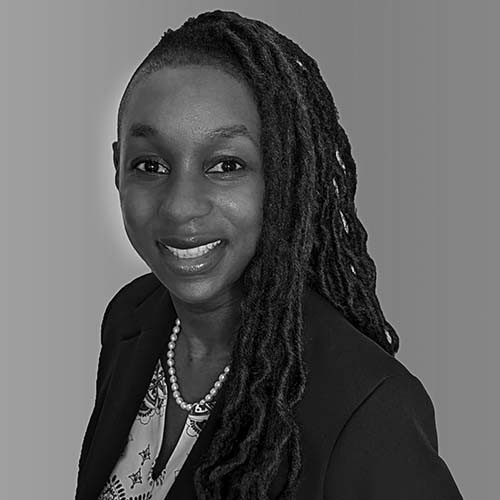
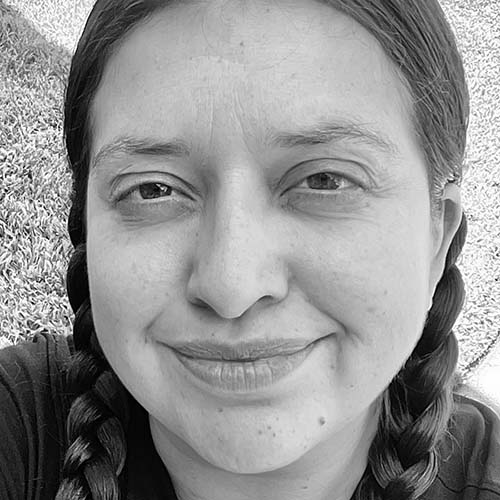
What brought you to this research?
EKR: I became interested in whose knowledge is valued. We talk about “lived experiences” but often it’s patronizing or seen as biased, or just not as important as the knowledge of someone like Dominique, who has a degree and is an expert. This isn’t the case with Dominique but in my community, we talk about people being experts ON us. It’s not a compliment.
DMM: Like Evelyn said, it’s very interesting for me to look into how we can design studies to bring in this knowledge that’s not traditionally valued. And we start that at the beginning – everything here is co-led by Evelyn and me.
How does having an academic and an impacted community member co-leading this project change it?
DMM: Everything is different. Normally, you start a research project by evaluating what’s in the field by doing a literature review, and then you try to plug a gap. We started this project differently. We decided that Evelyn should identify needs they saw in their community, and only then did we check to see if the topic had been well covered in the literature (it hadn’t.)
EKR: Instead of hiring a bunch of grad students to be research assistants, we decided to hire community members who will have that kind of knowledge that allows them to understand the important cultural nuances that we wanted to get at with our study.
What do you hope changes as a result of your research?
EKR: Of course I want people to better understand the topic, but I really want people to wake up to the idea that when researching people, you have to know and respect and honor them. Our expertise is valuable and should be included whenever we’re studied.
DMM: As researchers, we should push ourselves to not just pay lip service to the importance of lived experiences but to fold them into every bit of our work. It’s hard, but it’s critical – not just for reasons of justice, but because it makes the work better. TAY-Hub was one of the few partners who would step up for this kind of work; I hope that others follow their lead.
Grantee Interview: Ethan and Justin
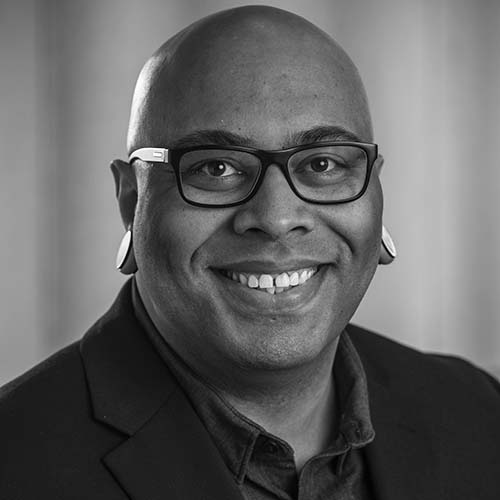
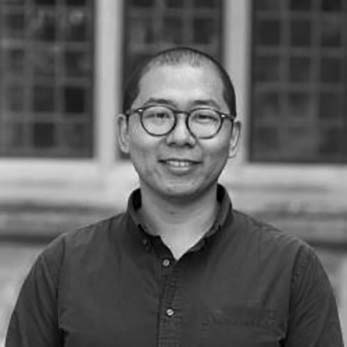
Ethan and Justin are Co-Investigators on two TAY-Hub supported projects:
County-level Variations in Transition-age Youth’s Utilization of Independent Living Programs, and Expectant and Parenting Youth in Foster Care
What brought you to this research?
Justin: I was involved in the child welfare system myself as a young person, and that drove a desire to get my MSW and become a caseworker in Chicago. I found that there was not enough focus on transition-aged youth, and even less focus on parents or expecting parents in that group. I felt like I was always putting on band-aids in my practice and not making long-lasting change, so I went to do my PhD with a focus on this population and never looked back.
Ethan: I wouldn’t call myself a child welfare scholar; I study systems and organizations to understand how they work. I did my undergrad in Computer Science and Electrical Engineering, so I’m comfortable working with big data sets. When I met with Mark Courtney (then of CalYOUTH, now the lead at TAY-Hub) and saw all the caseworker-level and county-level data that was being collected but not analyzed I started to become interested in the child welfare system.
How do you manage to work together coming from such different perspectives?
Justin: Think about what we call corporate parenting – when a child is removed from their family and the state has to step in as the parent. That comes with a lot of obligations for the state, and I’m interested in how they’re doing, are the different parts of the state aligning to help the young person. With TAY, there’s an additional responsibility to prepare for adulthood. I understand intimately how that works because of my research and lived experience, but Ethan is able to help me look at the child welfare system as a system.
Ethan: It’s all about bringing different skills and perspectives to the work. Like Justin said, I’m interested in looking at the whole system, doing population analysis, survey analysis, etc. But looking at the quantitative data really is incomplete because you need someone like Justin with the lived and practical experience of the system to validate or challenge the analysis. It doesn’t always work, but when it does, it’s beautiful.
Justin: It really is, and the thing that Ethan can help provide is context. So let’s say we have some finding that makes logical sense to me, and the data seem to back it up – but bringing in additional context (for example, housing prices in an area with high youth homelessness) can really change the way we see the world.
What do you hope to influence with your work?
Ethan: This is a place where TAY-Hub is so useful. In somewhere like California where you have dozens of different county agencies all collecting data, trying to do new things, but unsure of where to focus, TAY-Hub gives them a place to bring the research and practice together in a way that’s useful.
Justin: It’s all about making the research usable for the practitioners. Academic research sits behind paywalls and often isn’t geared towards the people on the ground doing the work, so working with TAY-Hub to turn that research into action is critical.


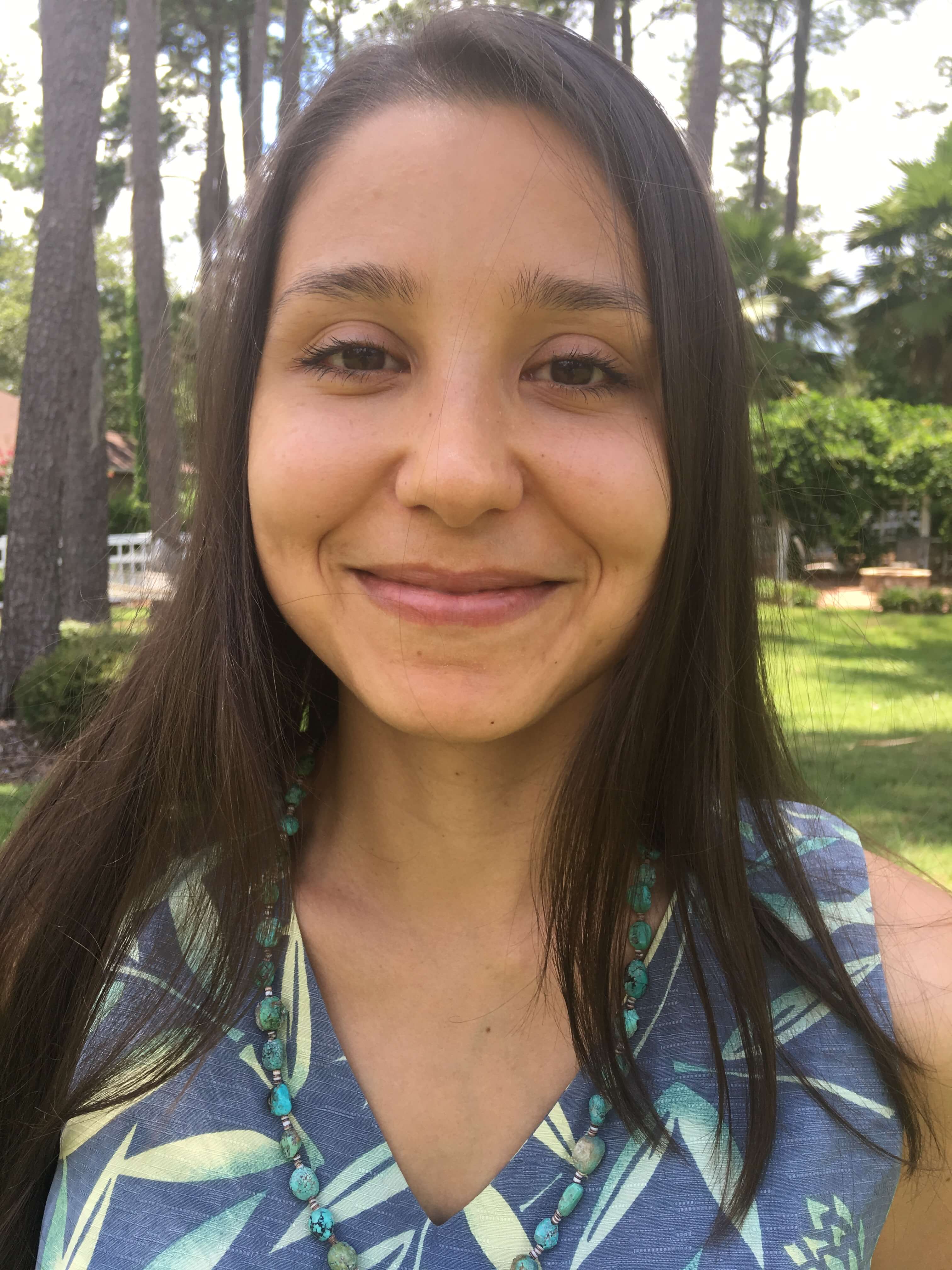

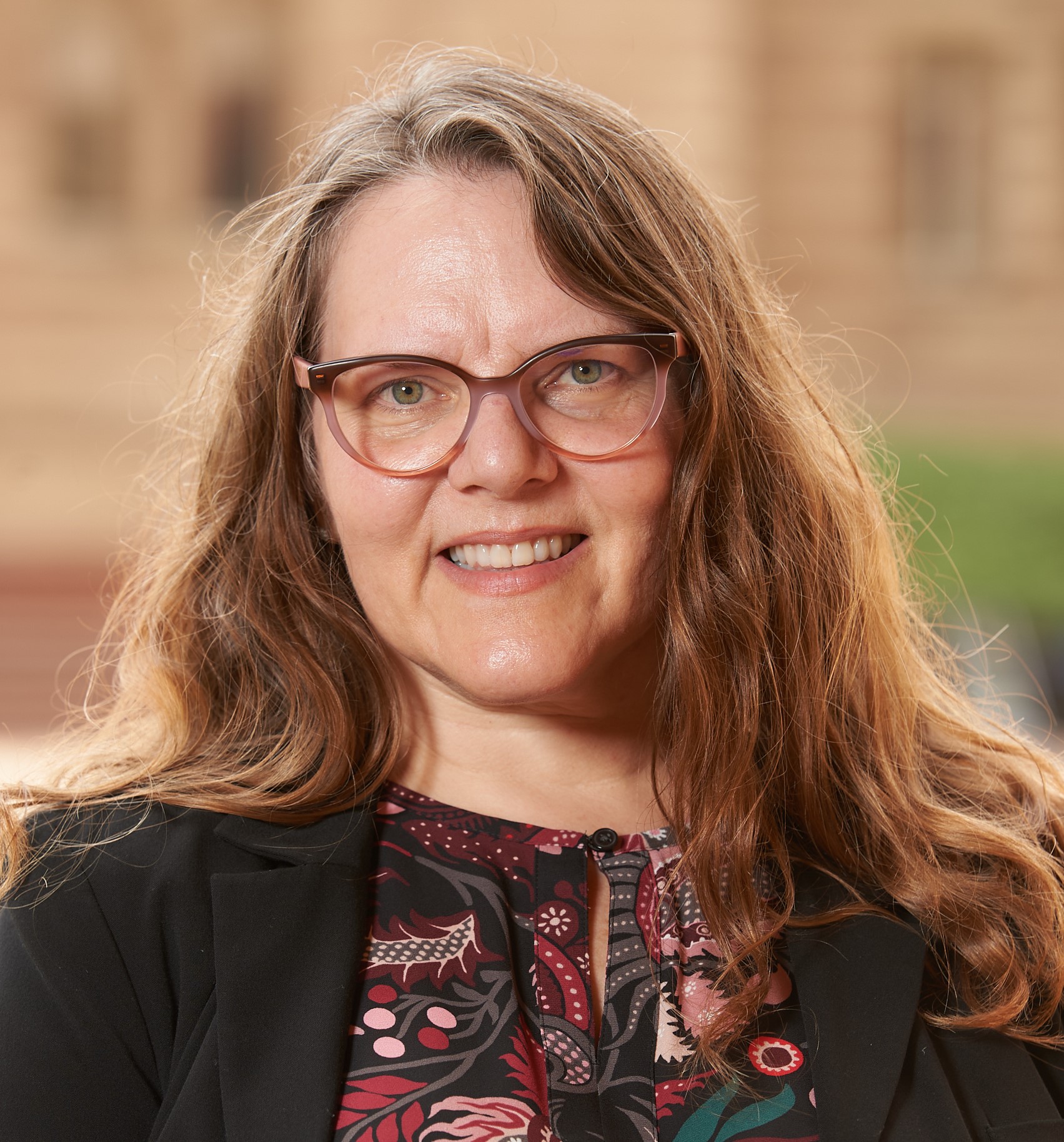
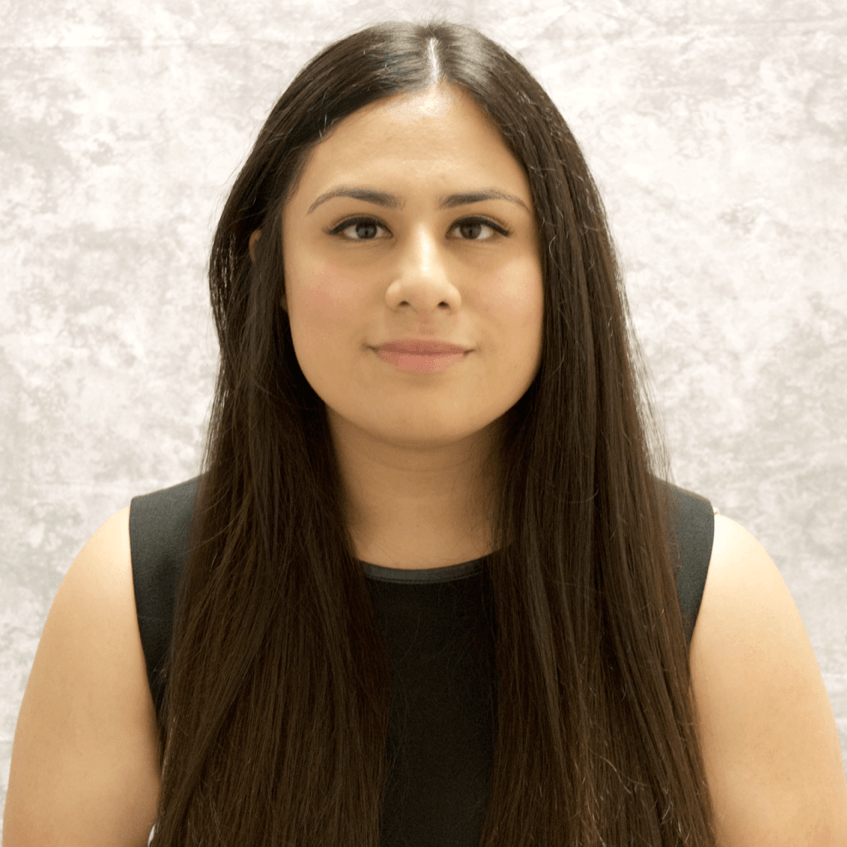
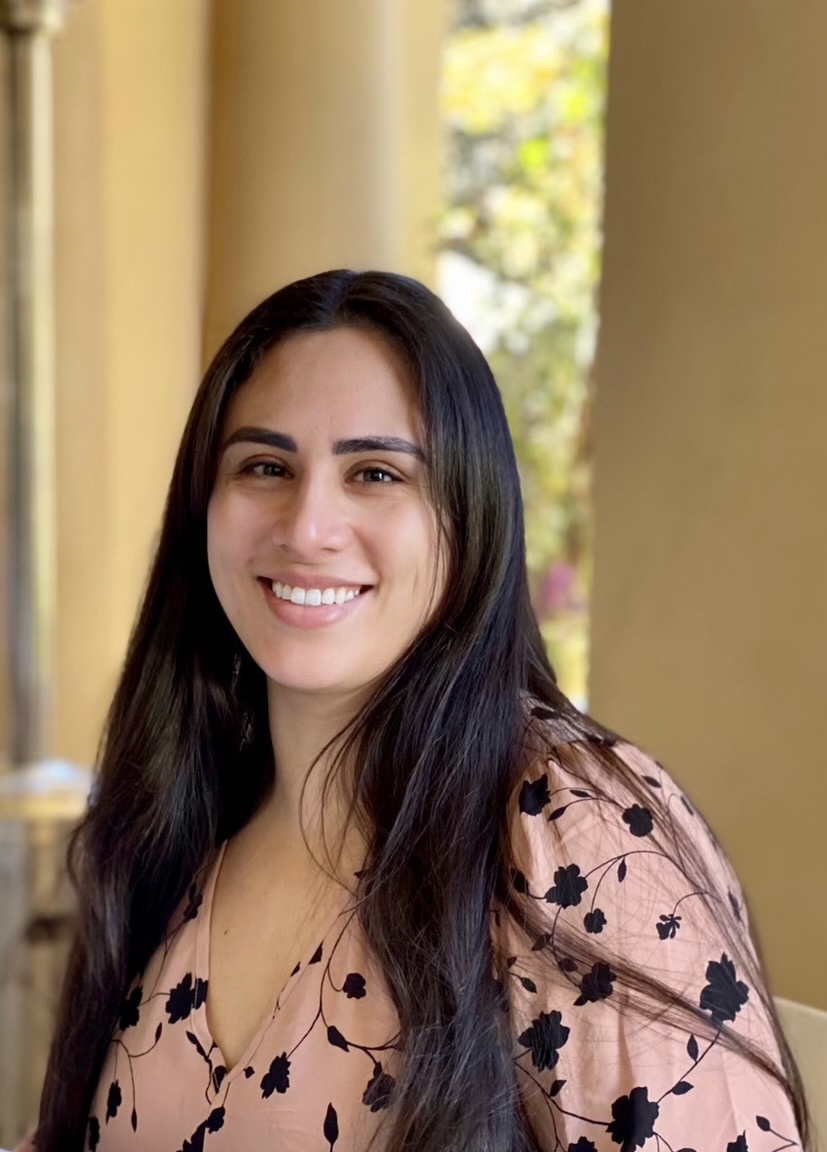
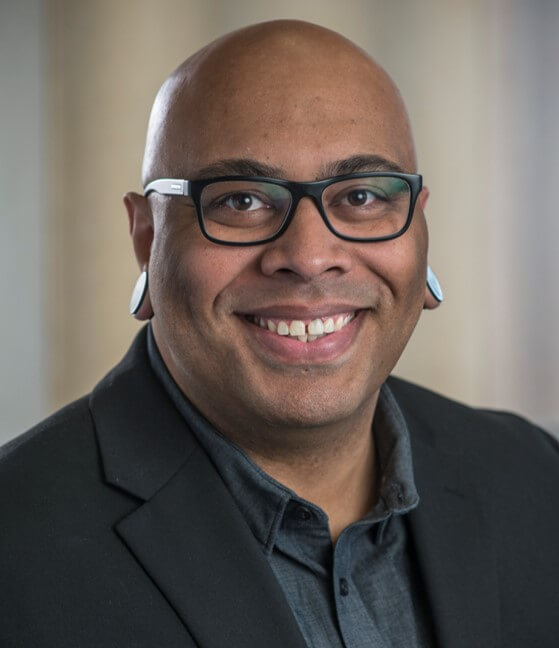
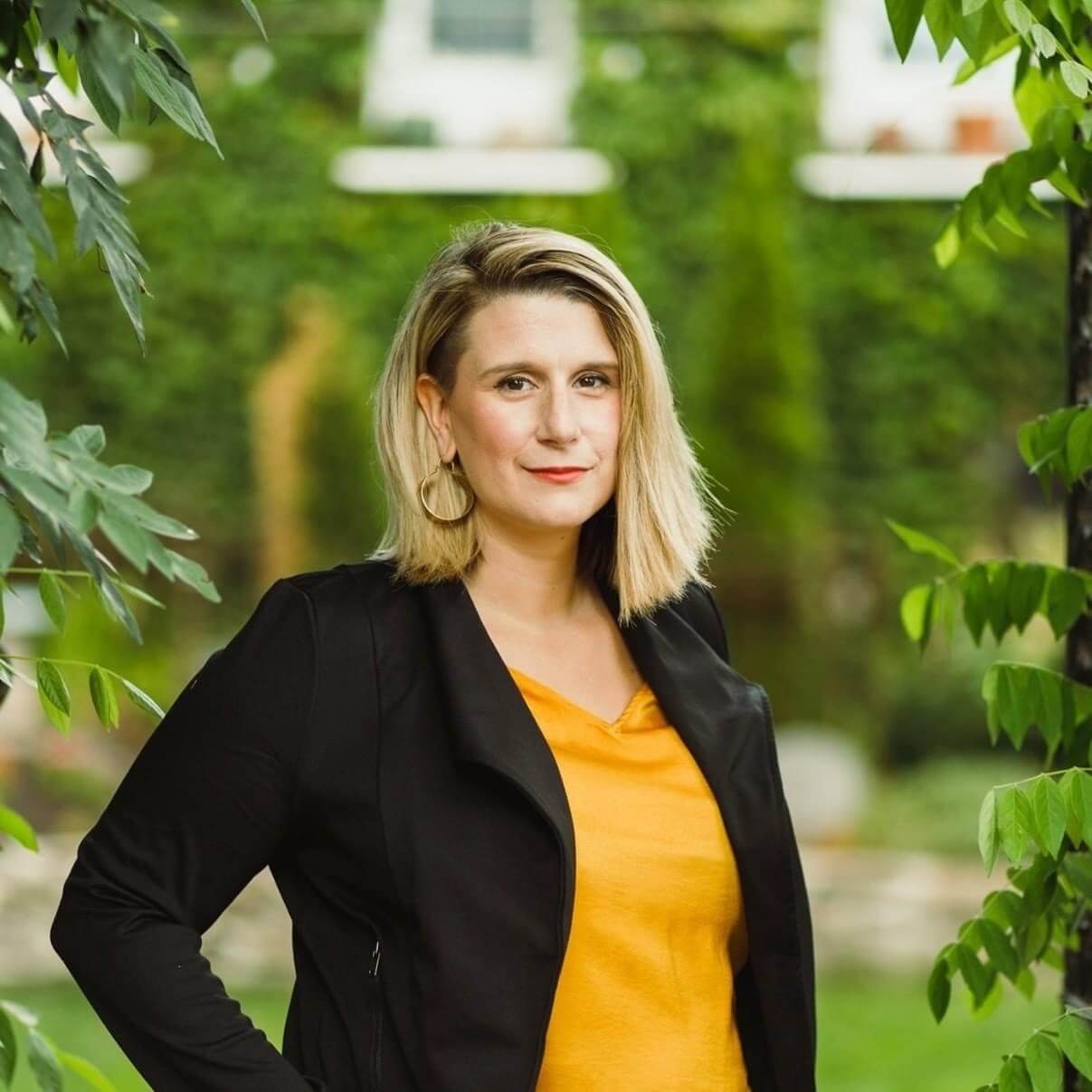

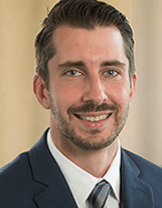
 copy.jpeg)
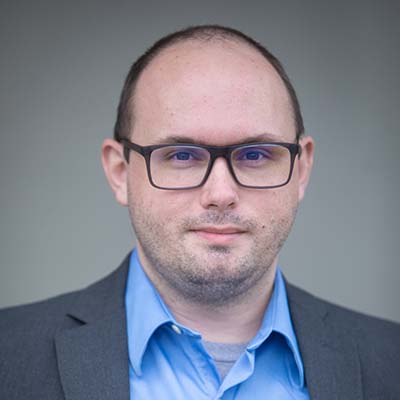
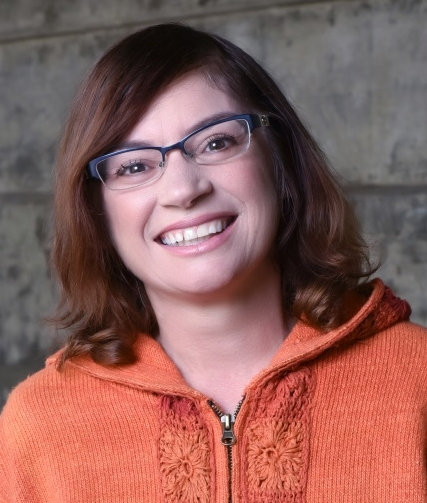
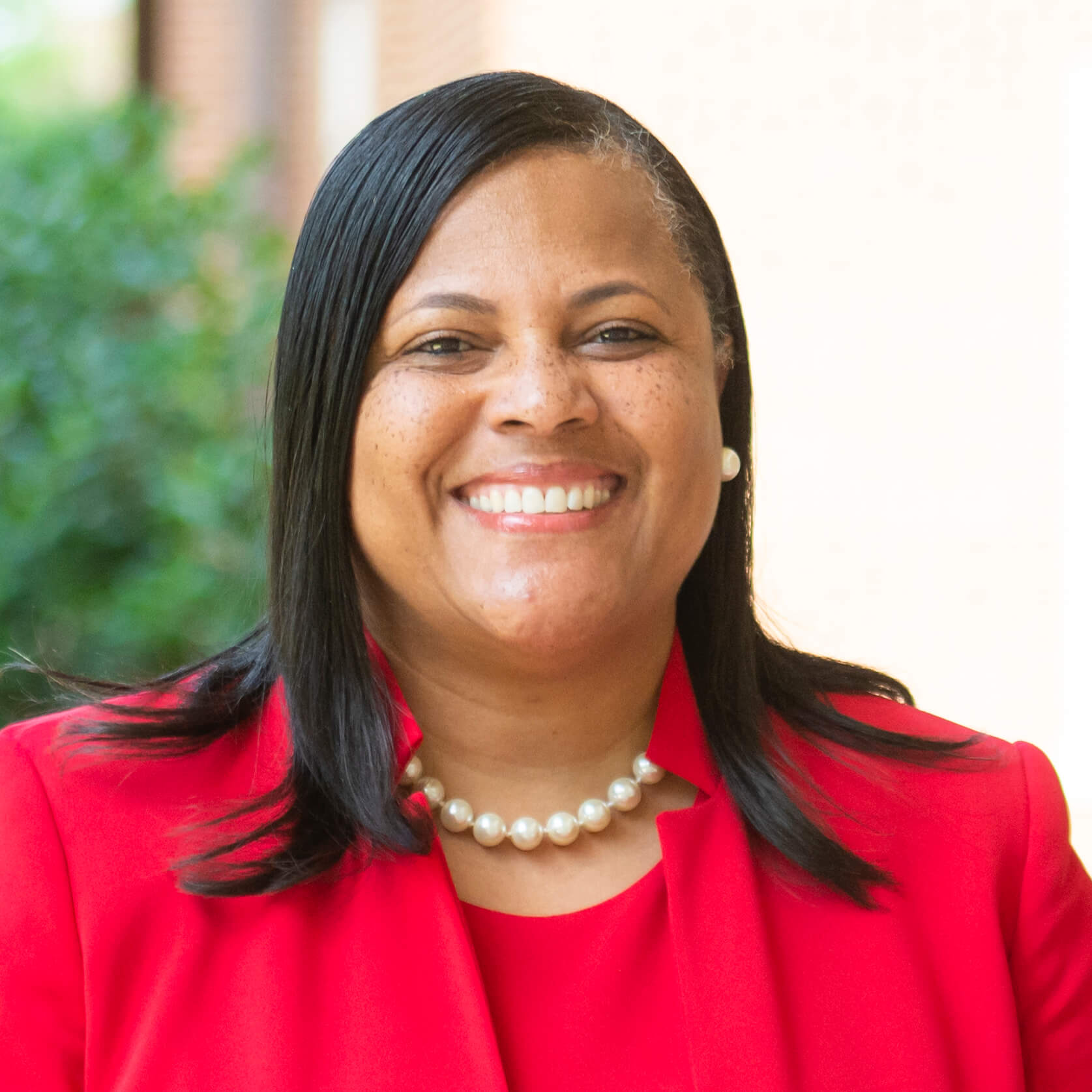
.jpg)
